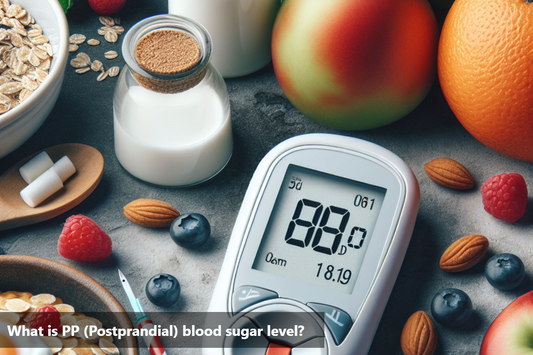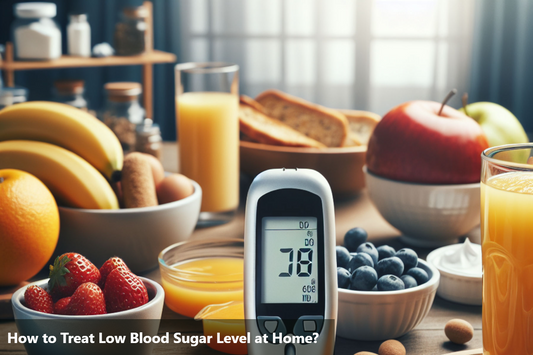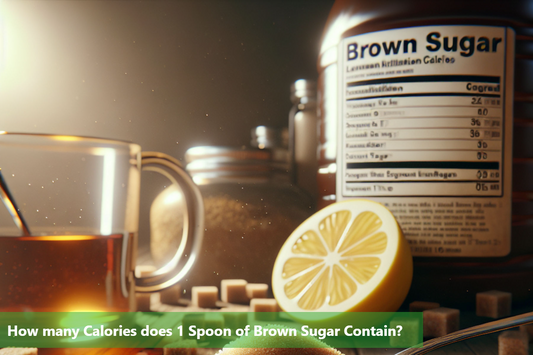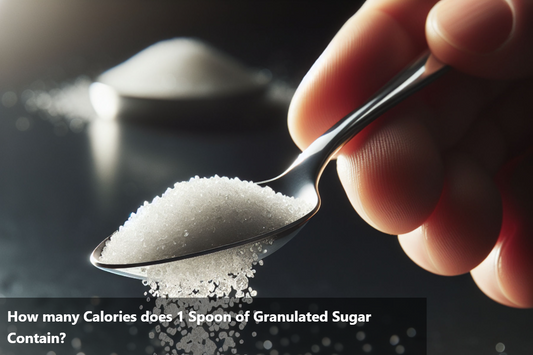Glucose, often referred to as blood sugar, plays a crucial role in the body's functions. Maintaining normal glucose levels is essential for overall health and well-being. Our body uses glucose as a primary source of energy, powering various physiological processes. It's vital to keep an eye on your blood glucose level to ensure it stays within the healthy range.
When we talk about glucose levels in the blood, we are essentially measuring the concentration of sugar present. This measurement gives us insight into how effectively our body is processing and utilizing glucose. An average glucose level provides a baseline for what is considered normal in a healthy individual. Understanding these levels can help detect any deviations that may indicate an underlying issue.
Normal Glucose Levels
Normal glucose levels can vary slightly depending on factors such as age, time of measurement, and individual health status. However, in general, normal fasting blood glucose levels are typically between 70 and 100 milligrams per deciliter (mg/dL).
For adults, the American Diabetes Association (ADA) defines the following blood glucose level ranges:
-
Fasting Blood Glucose (FPG):
Normal: Less than 100 mg/dL
Prediabetes: 100 to 125 mg/dL
Diabetes: 126 mg/dL or higher
-
Oral Glucose Tolerance Test (OGTT) 2-hour Postprandial:
Normal: Less than 140 mg/dL
Prediabetes: 140 to 199 mg/dL
Diabetes: 200 mg/dL or higher
It's important to note that these are general guidelines, and individual target ranges may vary based on factors such as age, overall health, and medical history. Additionally, glucose levels can fluctuate throughout the day in response to factors such as meals, physical activity, stress, and medication.
Factors Affecting Glucose Levels
Food: What you eat matters! Carbs can quickly raise blood sugar, while proteins and fats are slower. Some foods can make your blood sugar go up faster than others.
Exercise: Moving your body is great for keeping blood sugar in check. It helps your muscles use glucose for energy and makes your body more sensitive to insulin.
Medications: Some medicines like insulin or corticosteroids can affect your blood sugar. It's important to check your levels regularly if you're taking these.
Stress: Feeling stressed can make blood sugar levels rise. It's important to manage stress to keep your blood sugar in check.
Sickness: Being sick can make blood sugar levels go up temporarily. If you have diabetes, illness might affect your levels more, so keep an eye on them.
Hormones: Changes in hormones, like during puberty or pregnancy, can affect blood sugar. Women with diabetes may see changes during their menstrual cycle or pregnancy due to hormones.
Sleep: Not getting enough good sleep can mess with your blood sugar and insulin. It might make you want to eat sugary foods and can lead to weight gain.
Alcohol: Alcohol can impact blood sugar levels by messing with how your liver stores glucose and insulin. Too much alcohol can make your blood sugar go too low, especially if you're on diabetes meds.
Abnormal Glucose Levels
Abnormal glucose levels, whether too high (hyperglycemia) or too low (hypoglycemia), can indicate underlying health issues and may require medical attention. Here's an overview of factors affecting glucose levels and potential causes of abnormal readings:
Diet and Nutrition
High-Carb Meals
Eating big meals or meals with lots of carbohydrates can make blood sugar levels go up, especially for people with insulin resistance or diabetes.
Low-Carb Meals
Having very few carbohydrates or skipping meals can make blood sugar levels go down, especially for people taking certain medications or with conditions like diabetes.
Physical Activity and Exercise
How Hard and How Long You Exercise
Doing intense or long physical activities can lower blood sugar levels by getting more glucose into the muscles.
When You Exercise
Exercising can change blood sugar levels during and after the activity. It could cause low blood sugar during or after exercise and high blood sugar afterward.
Medications
Insulin and Oral Medications for Low Blood Sugar
Insulin and some oral medications used for diabetes can lower blood sugar levels. If not taken correctly, it can cause low blood sugar.
Other Medications
Some medications like corticosteroids, beta-blockers, and certain antidepressants can affect glucose metabolism and lead to high blood sugar.
Stress and Illness
Physical Stress
Being sick, having surgery, getting hurt, or having an infection can release stress hormones like cortisol and adrenaline, causing high blood sugar.
Emotional Stress
Stressful situations can also release stress hormones, affecting blood sugar levels.
Sleep Patterns
Not getting enough sleep or having irregular sleep can mess up hormone balance, affecting glucose metabolism and leading to abnormal blood sugar levels.
Underlying Health Conditions
Diabetes
People with diabetes may have high blood sugar because they don't make enough insulin or have resistance to insulin action. Or it could be low blood sugar because of too much insulin or other medications.
Endocrine Disorders
Diseases like thyroid issues, adrenal problems, and pituitary disorders can affect glucose metabolism and lead to abnormal blood sugar levels.
Liver or Kidney Disease
Problems with the liver or kidneys can mess up glucose regulation and cause abnormal blood sugar levels.
Alcohol Consumption
Alcohol can mess with glucose levels by affecting liver function and insulin sensitivity. It might raise blood sugar levels at first but can lead to low blood sugar as the body processes the alcohol.
Hormonal Changes
Changes in hormones, like during pregnancy, menstruation, or menopause, can affect glucose metabolism and lead to abnormal blood sugar levels.
Age and Genetics
Changes in metabolism as you get older and genetic tendencies can affect glucose regulation and lead to abnormal blood sugar levels, especially in diseases like type 2 diabetes.
Dehydration
Being dehydrated can make blood glucose levels look higher than they are.
Bottom Line
Maintaining the right amount of sugar in the body is very important for good health and feeling good. Having sugar levels that are always too high or too low can cause many health problems, so it's important to keep them in the normal range.
The right amount of sugar in the blood is crucial because it gives us energy for our daily activities and helps our organs work well. When sugar levels are too high (hyperglycemia), it might mean someone has diabetes or other health problems. On the other hand, when sugar levels are too low (hypoglycemia), a person might feel dizzy, weak, or even pass out.
Checking sugar levels regularly in the blood helps find any problems early, so they can be fixed quickly. This means recognizing what's a normal sugar level and the right range for each person's body. If sugar levels aren't normal, it could lead to serious diseases like heart problems, kidney issues, and nerve troubles. That's why it's important for people to focus on healthy habits like eating well and staying active to manage their sugar levels.
This Blog post is an initiative by DiabeSmart, to provide accurate and Nutritionist / Doctor approved information related to Diabetes. DiabeSmart is India's first Food brand designed specifically for Diabetics, that has been clinically tested on Diabetics and Pre-Diabetics to deliver 55% - 70% lower Sugar spikes. DiabeSmart is part of Lo! Foods - India's leading brand for Everyday Functional Health foods.







